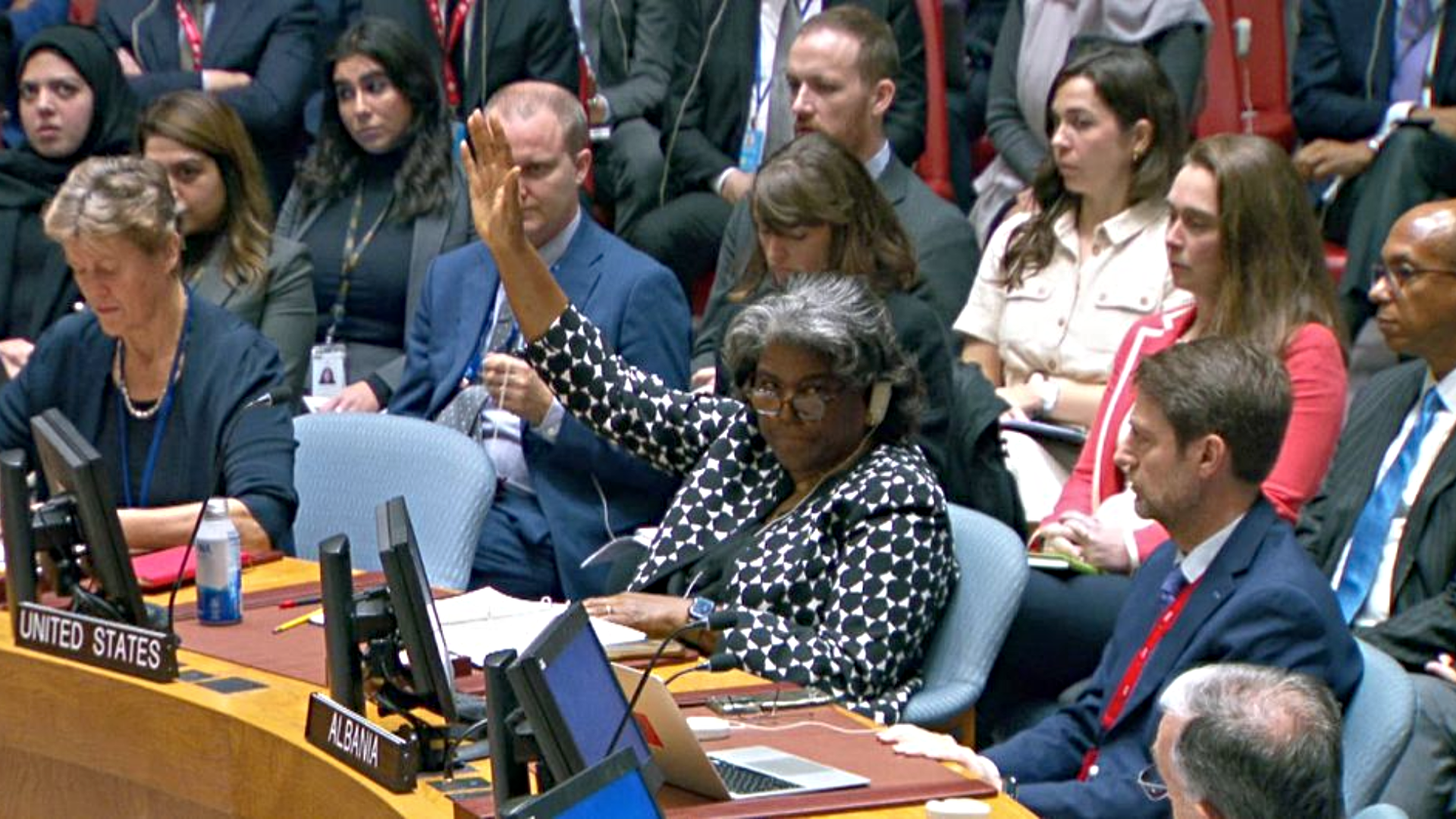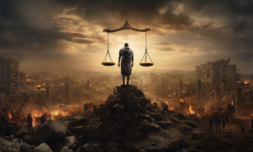The controversial veto by the United States on a resolution calling for humanitarian aid in the Gaza Strip has left many angered and confused. It poses the question of how one country managed to overturn 14 others.
On October 18th, the United Nations Security Council brought forth a resolution that aimed to condemn the actions of Hamas while calling for a pause so humanitarian aid could be provided to the civilians of Gaza.
However, a veto by the United States caused the resolution to see its end that same day.
The US’s decision created a cascade of mixed emotions which spread throughout different corners of the world – many confused by the sheer influence of one country’s vote on the geopolitical stage.
Deliberations in the context of the Israel-Hamas conflict
The past few weeks saw turmoil in the Middle East after Hamas launched an attack on Israel on October 7th. Since then, there have been strikes from both sides with the death toll increasing day by day.
The staggering effect of the war on the Gaza Strip has left many stranded and the region’s fuel supply running low; forcing the United Nations Agency Relief and Works Agency for Palestine Refugees (UNRWA) to halt any efforts to provide aid.
A Brazil-led draft resolution was presented with the main purpose of calling for ‘humanitarian pauses’ so that aid could be given to those in Gaza, and for the violence against citizens to be condemned.
The US’ following choice to veto largely hinged on the fact that the resolution did not mention Israel’s right to defend itself against Hamas. The UK agreed with the US stance and said that they would be working to ensure that the crisis was averted.
Days later, on October 25th another meeting between the council saw more resolutions presented. This time, a proposal by the United States was vetoed by China and Russia. China justified its decision by saying that the US was attempting to change the narrative of the war through its supposed resolution.
Though many ideas have been proposed, none have yet succeeded in progressing to a plan of action. Deliberating countries lie on a spectrum where some are concerned that drafts did not include Israel’s right to defend itself while others debate on whether a humanitarian ‘pause’ or ‘ceasefire’ should be prioritized.
The Security Council
The United Nations Security Council is primarily made up of fifteen nations, of which five are permanent members: the United Kingdom, the United States, France, China, and Russia, otherwise known as the P5. The other ten are usually rotated around and each non-permanent member gets one vote.
However, any permanent member has the power to veto any resolution placed forth by the council, disapproving it. All decisions eventually confirmed by the fifteen nations are legally binding for all 193 member states of the United Nations by default.




















